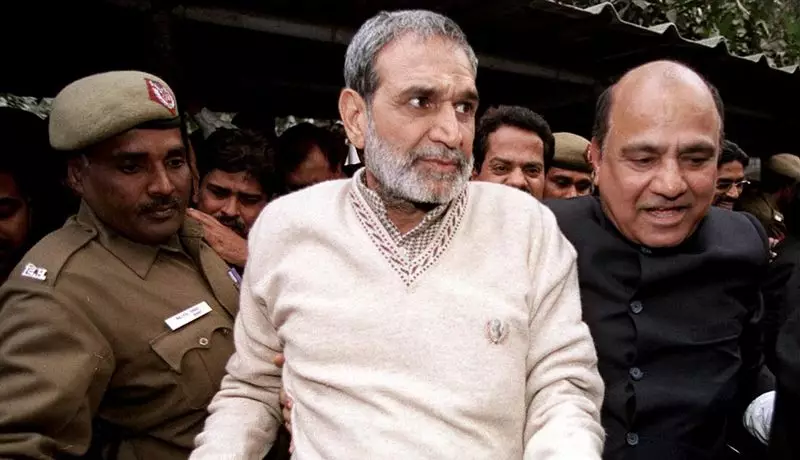
Nearly four decades have passed since the horrific anti-Sikh violence that shook India in 1984, yet the road to justice remains漫长 and fraught with obstacles. The legal proceedings surrounding these tragic events continue to move at a glacial pace, leaving victims and their families in a state of perpetual等待.
The Endless Legal Battle
Multiple cases connected to the 1984 carnage are still pending in various courts across Delhi. Despite numerous committees, commissions, and special investigation teams formed over the years, the outcomes have been disappointingly minimal. The complex nature of these cases, coupled with the passage of time, has created significant challenges in gathering evidence and securing convictions.
Systemic Hurdles and Delays
The justice delivery system has faced criticism for its handling of these sensitive cases. Legal experts point to several factors contributing to the delays:
- Witness protection concerns and fear of retaliation
- Loss of crucial evidence over time
- Political interference in investigative processes
- Frequent adjournments and procedural delays
- Difficulty in identifying and prosecuting influential accused
Victims' Continuing Struggle
For the survivors and families of those who perished in the violence, the fight for justice has become a lifelong battle. Many elderly victims have passed away without seeing closure, while younger generations have inherited the struggle. The emotional and psychological trauma continues to affect communities, with the lack of judicial resolution adding to their pain.
Recent Developments and Hope
In recent years, there have been some efforts to expedite these cases. Special courts have been established, and certain high-profile convictions have provided glimmers of hope. However, these remain exceptions rather than the norm in the broader landscape of 1984 cases.
The continued pendency of these cases raises important questions about India's commitment to delivering justice for historical wrongs and the effectiveness of its legal system in addressing mass crimes.






